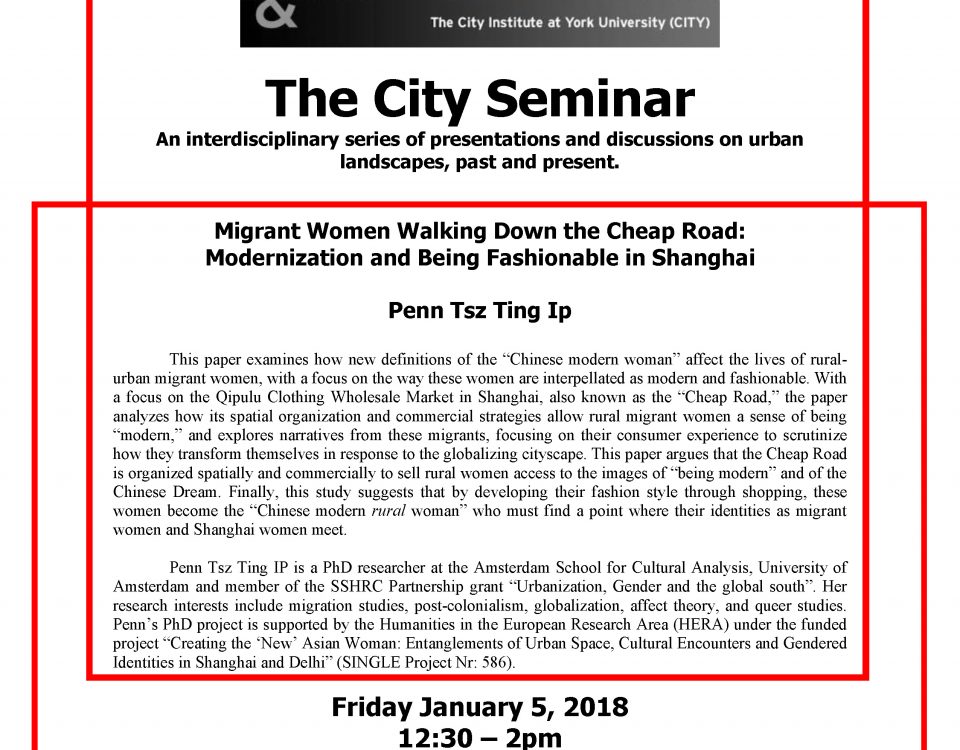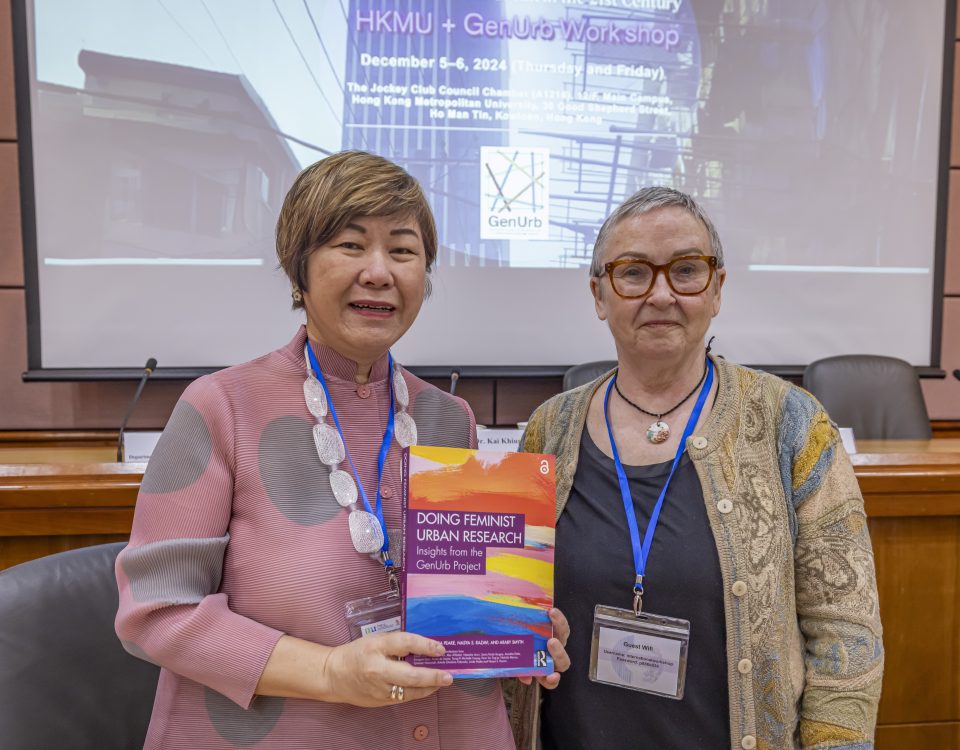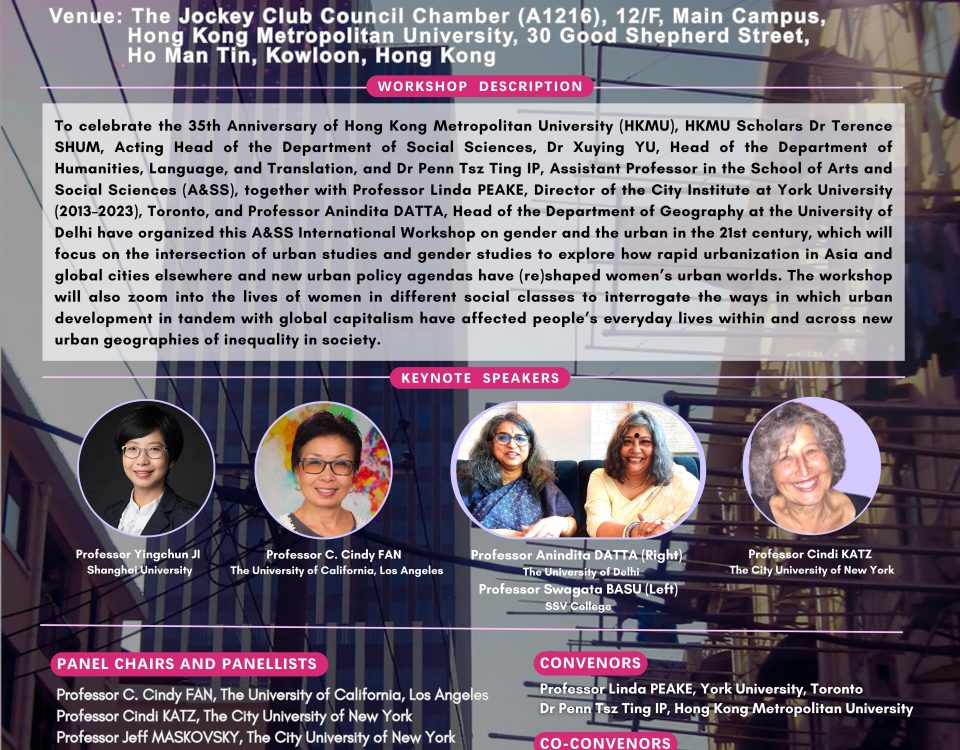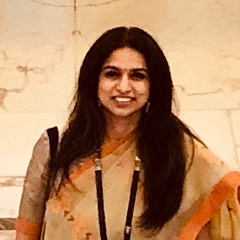
National Webinar on Women and Legal Spaces: Dr. Swagata Basu (speaker)
November 25, 2020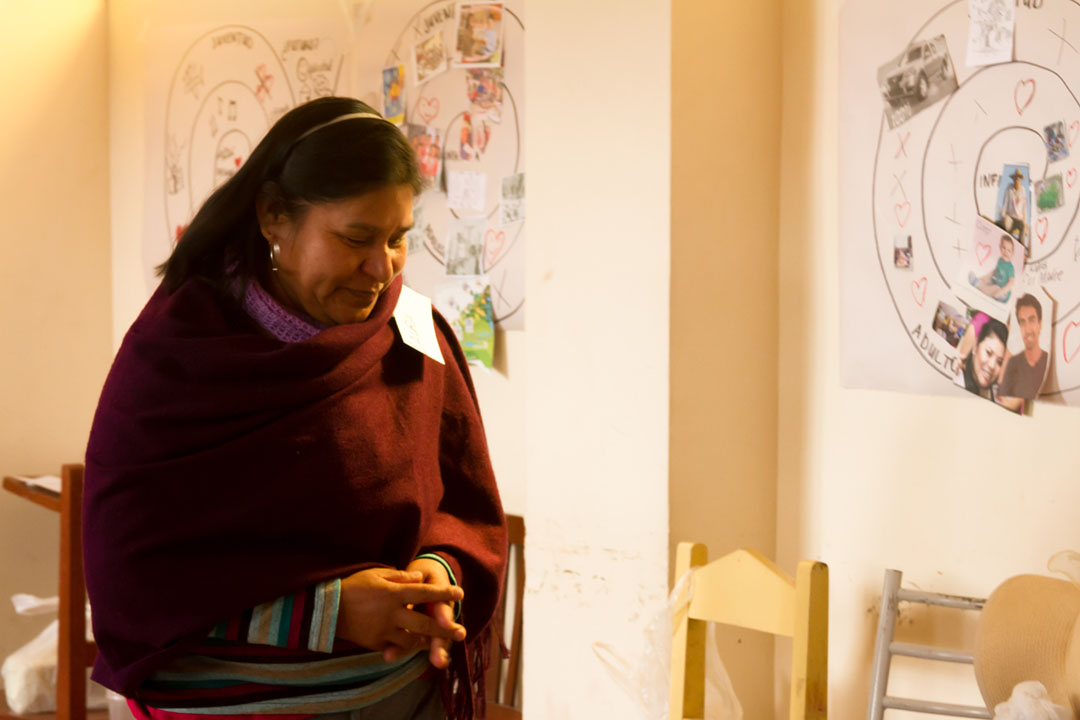
Storytelling as Research Method: New Post and Activity Guide Available
December 11, 2020GenUrb’s post-doctoral researcher Dr. Nasya Razavi (link to bio) has been awarded the Social Sciences and Humanities Research Council (SSHRC) Partnership Engage Grant COVID-19 Special Initiative that funds COVID-19 related collaborative research projects.
The SSHRC Partnership Engage Grant will support the project Radical Care and Mutual Aid: COVID-19, Gender, and Survival Strategies in Bolivia. In collaboration with local partner organization Centro de Estudio y Trabajo de la Mujer (CETM), the project seeks to understand the gendered impacts of COVID-19 by highlighting women’s experiences of COVID-19 and the quarantine in the city of Cochabamba, Bolivia. The project will focus on care work and collective strategies of mutual aid in response to the crisis.
“We’ve been working with CETM on the gender dynamics in the city through the GenUrb project since 2017. The spread of COVID-19 and the response to contain the pandemic has had some devastating consequences in the communities we engage with, especially for women that make their living in the informal sector. The pandemic has forced us to pivot our work and test new research methods that are safe and don’t put more burden onto interlocutors” explains Dr. Razavi. The project funds will also be used to hire Canadian and Bolivian students and towards the production of public education outputs/tools.
Collaborator: Linda Peake, Director, CITY; Professor, Faculty of Environmental and Urban Change, York University; PI, GenUrb
Partner: Centro de Estudio y Trabajo de la Mujer
Title: Radical Care and Mutual Aid: COVID-19, Gender, and Survival Strategies in Bolivia
Years: 1
Funding: $24,904
bento4d situs toto situs toto situs toto bento4d situs toto rtp slot rtp slot rtp slot rtp slot rtp slot situs gacor rtp slot slot gacor crowncellars.org idikotapekalongan.org situs slot gacor slot resmi jacktoto jacktoto jacktoto jacktoto jacktoto jacktoto jacktoto situs toto


